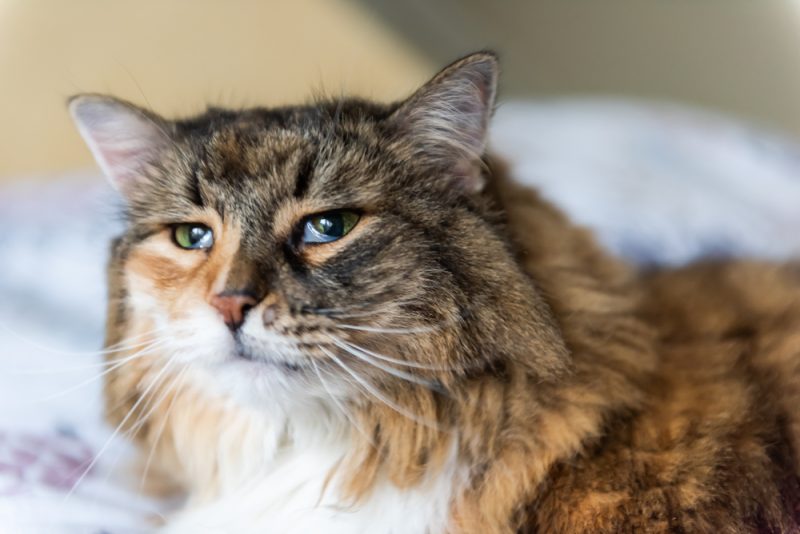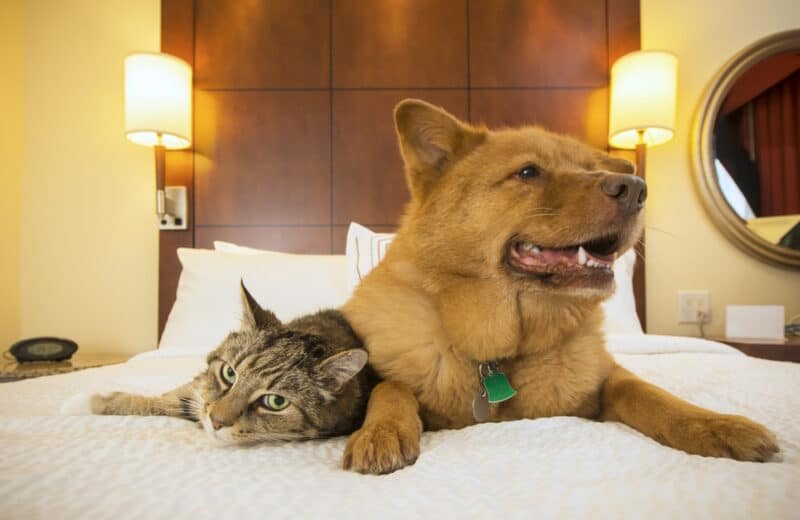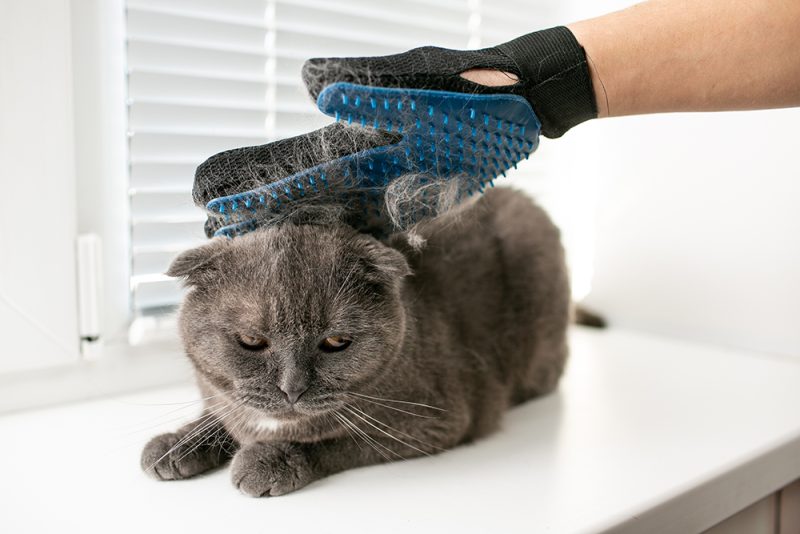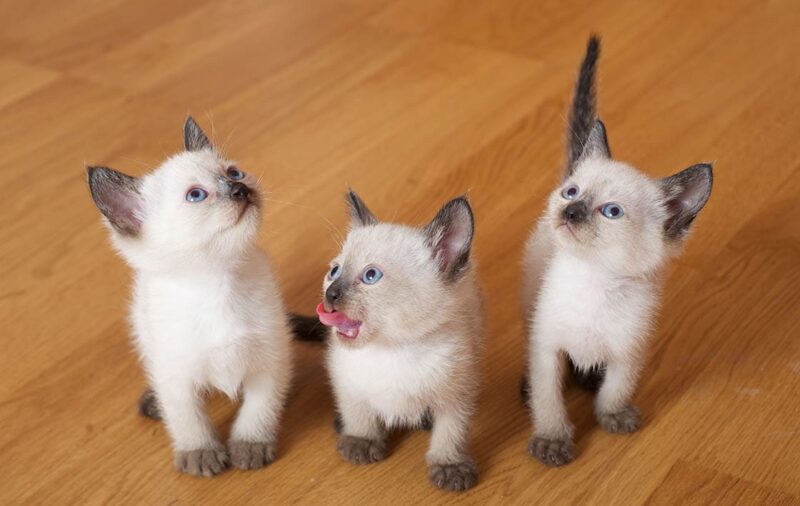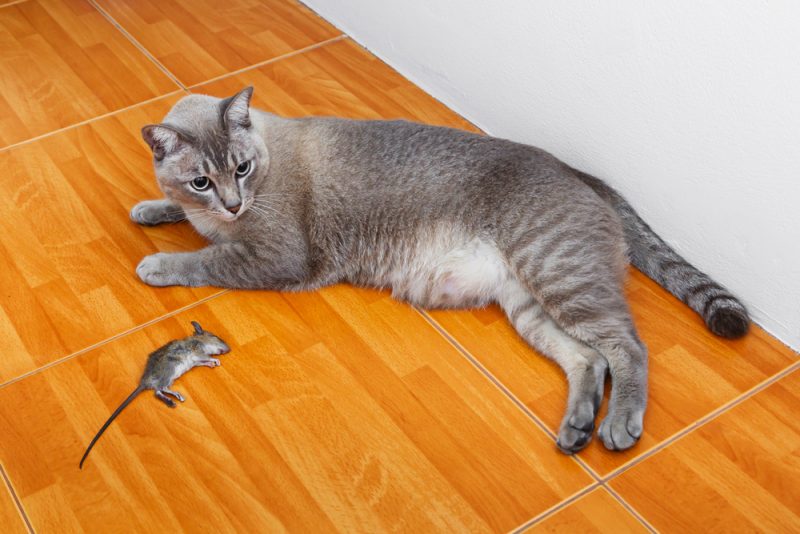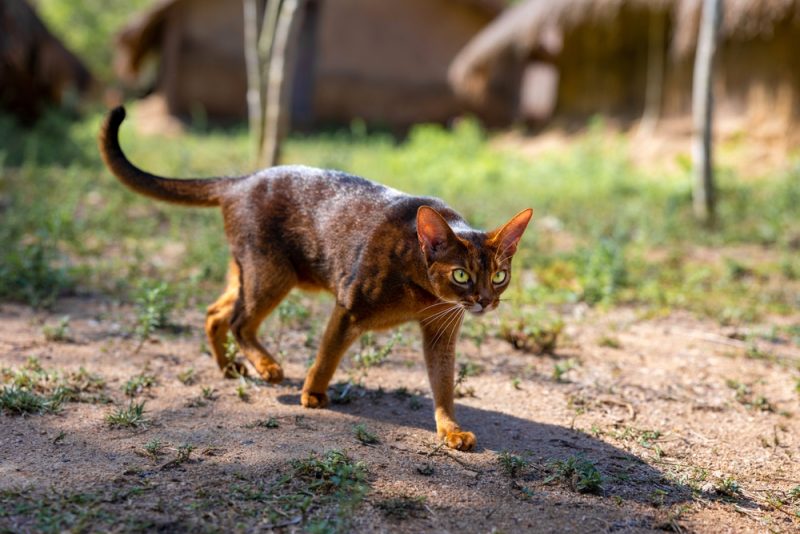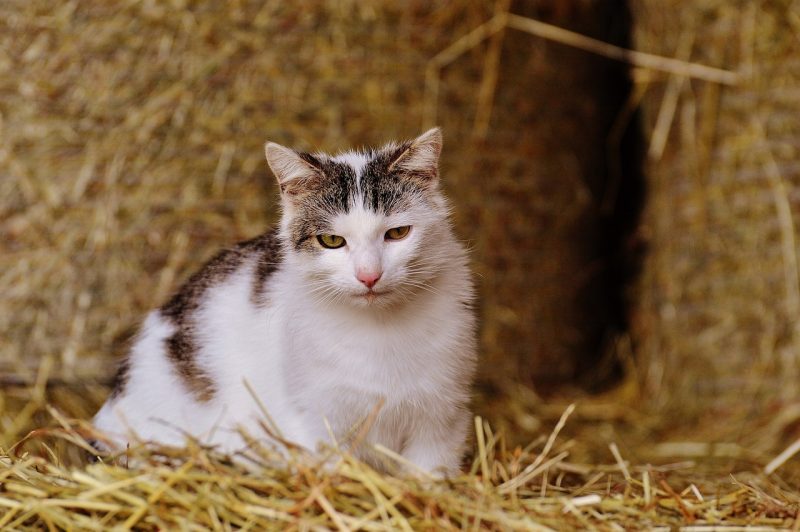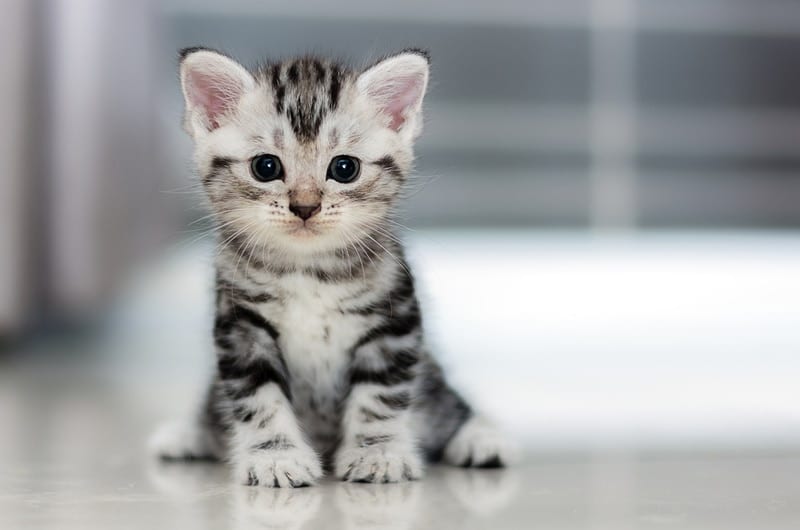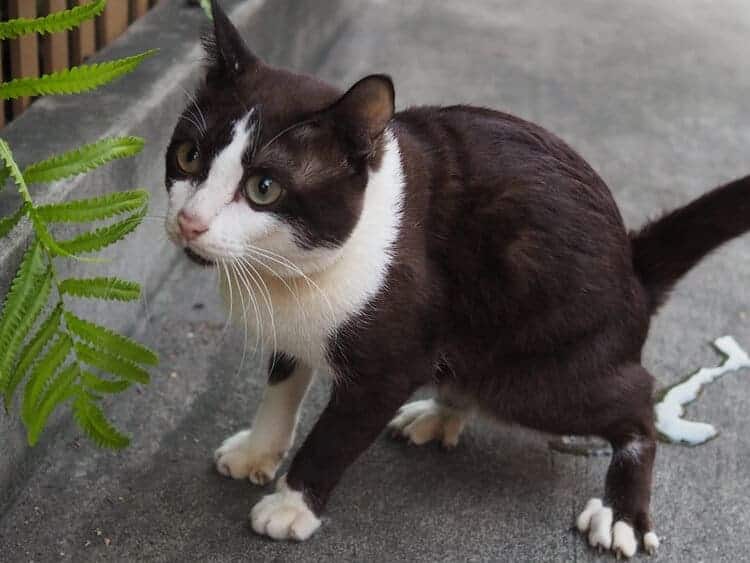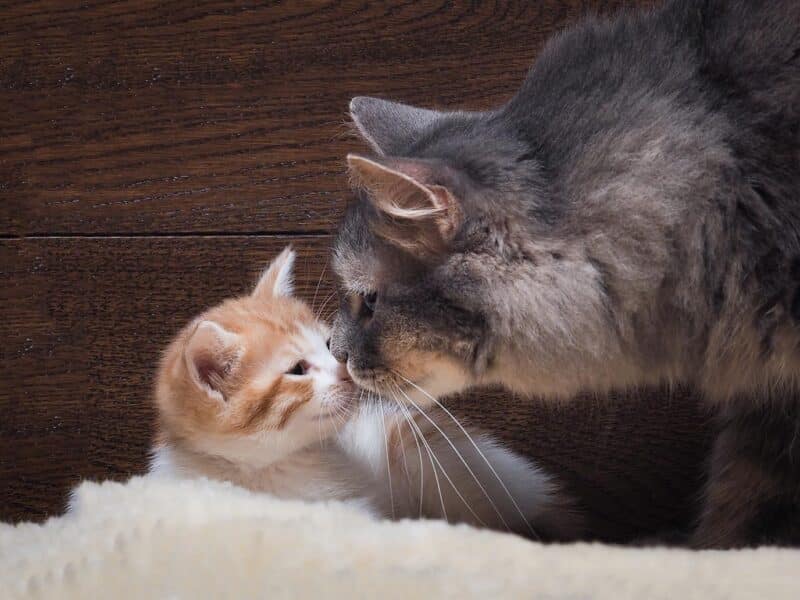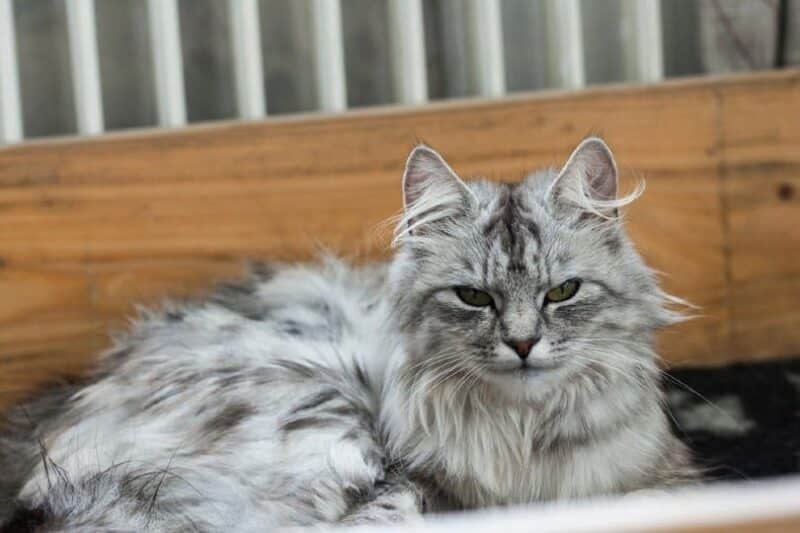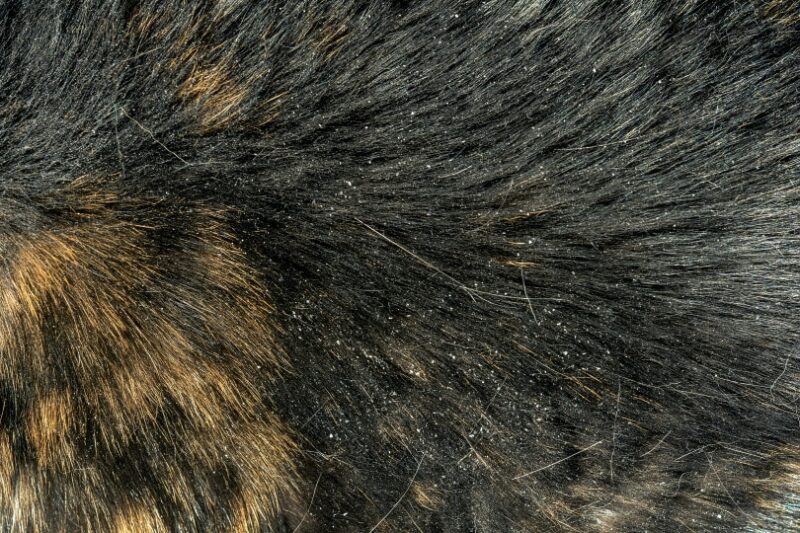In this article
View 3 More +Humans are not the only beings that experience emotions. Not only can our cats experience a broad spectrum of emotions that humans share, but they also live entirely complicated lives that we don’t understand.
When it comes to a cat losing another cat, is there a grief process? Do cats miss other cats long after their worldly departure? In truth, it’s likely that cats will miss and maybe even mourn the loss of another cat. So, how long do cats mourn the loss of another cat? Current research postulates that a mourning period may typically last around 6 months or so. Let’s find out more in this article.

Cats Feel Many Emotions
Cats can have a broad spectrum of emotions. It’s very difficult to understand because we are humans, and they are cats. We can’t fully understand the actual lived experience of another species. The truth is, no matter how many professionals exist out there, we only know what we can observe. This is made more complicated by the fact that just like us, cats also have individual personalities and therefore, their responses to scenarios can definitely vary on an individual level.
So many things go on under the surface, and we don’t have the capability to verify the process, intelligence, and consciousness of other life. Any mammal that rears their young has the instinct to protect and look after their offspring.
Because of this natural and born desire, your cat is able to keep a litter of their kittens alive. However, it goes far beyond having kittens to look after. Cats can also get connected to other felines.
While they are more solitary creatures, they still love to play, snuggle, cuddle, and groom other kitties that they bond with. So, it is only logical to assume that if a cat experiences a loss of connection, they may definitely mourn. One study estimated that cats would mourn the loss of another pet for around 6 months or so, based on the signs observed by their owners 1.
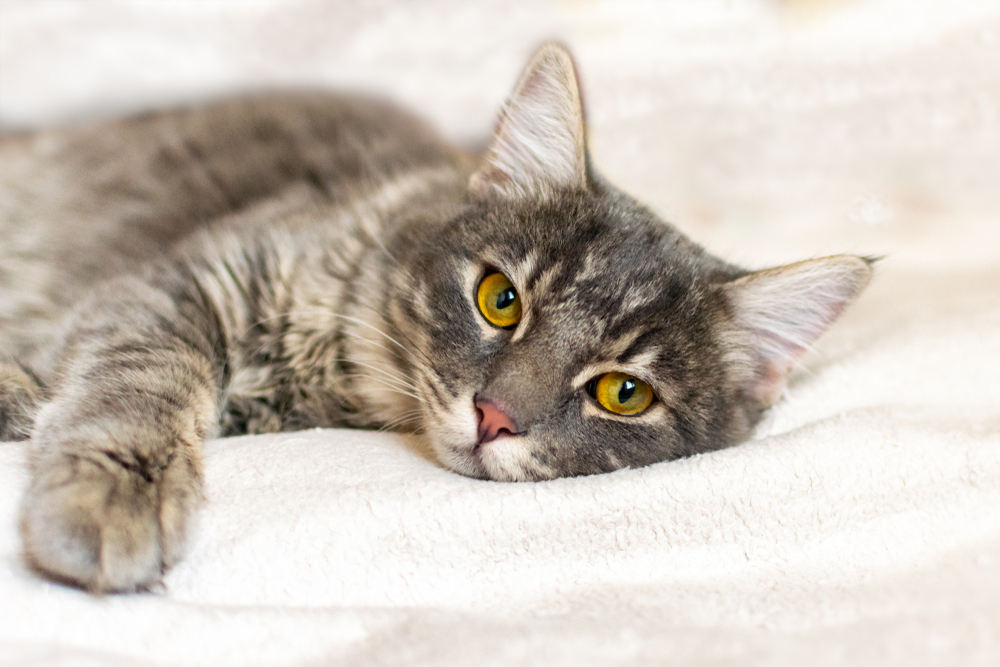

How Do Cats Show Grieving?
Many animals show similar behaviors when it comes to showing sadness. Like humans, cats can get sad when another cat dies or their human counterpart leaves. Other cats remain seemingly unaffected by this reality.
The researchers aren’t quite convinced that cats really have the full spectrum of grieving the way other mammals might. However, they can definitely agree that there is some level of true recognition that a cat is mourning in some cases and to a degree—but it depends on the cat and situation.
You might notice a few of these signs if your cat is mourning.
1. Vocalization
If your cat is searching through the house or otherwise not understanding what’s going on, they might increase in vocalization. This might display how uncomfortable or confused they are, and it might get increasingly worse at night.
An increase in both the frequency and volume of vocalizations is the most commonly reported behavioral sign in cats when a fellow pet (including another cat) is no longer in the house. It is also one of the most common signs reported in cats that experience separation anxiety.
2. Change In Appetite
A change in a cat’s appetite is also a sign associated with them missing a companion. However, there are a few things to keep in mind here. The first is that studies have shown that this is a relatively rare occurrence in cats. The second is that the change can be either an increase or a decrease. As such, this might not be well noticed in your cat.
3. Change In Sleeping Habits
Much like a change in appetite, a sleeping habit change, though rare, might also be observed. Once again, both scenarios are possible – your cat may end up sleeping more or less than they usually do.
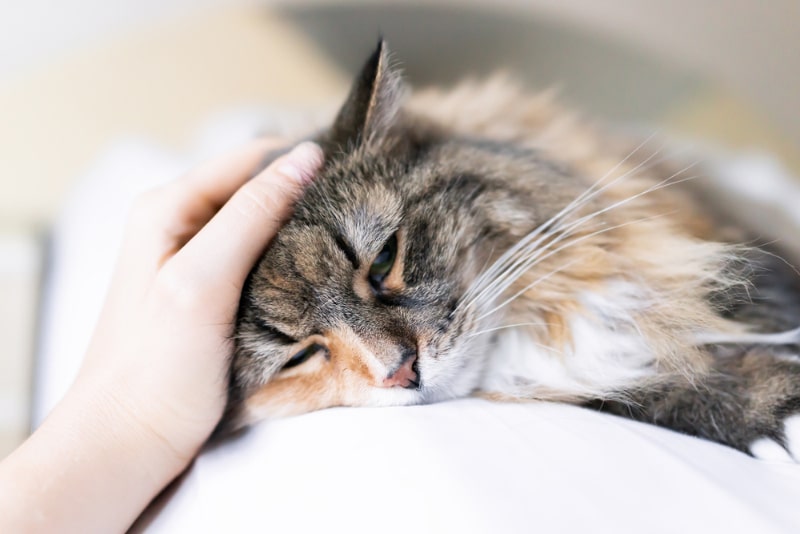
4. Searching
Seeking out a missing cat’s favorite resting or sleeping spot is another sign that’s been observed in cats following the passing of a pet they knew.
5. Seeking More Attention
Finally, research has also shown that cats often become more affectionate with their owners once another pet passes. It’s not entirely known why this happens. However, research has shown that cats do spend more time with their owners after a period of prolonged separation and as such 2, it might make sense to assume that they seek the companionship of humans when the absence of another pet is causing them distress.

The 5 Ways to Help a Grieving Cat
So now you know that cats can grieve, but what exactly do you do for them? If you have a cat that’s experiencing loss, how you can help depends very much on the particular cat in question. But here are some ideas.
1. Spend Quality Time
It’s time to spend more time together. Some cats might really be missing that connection and will thrive by having that extra affection for the time being.
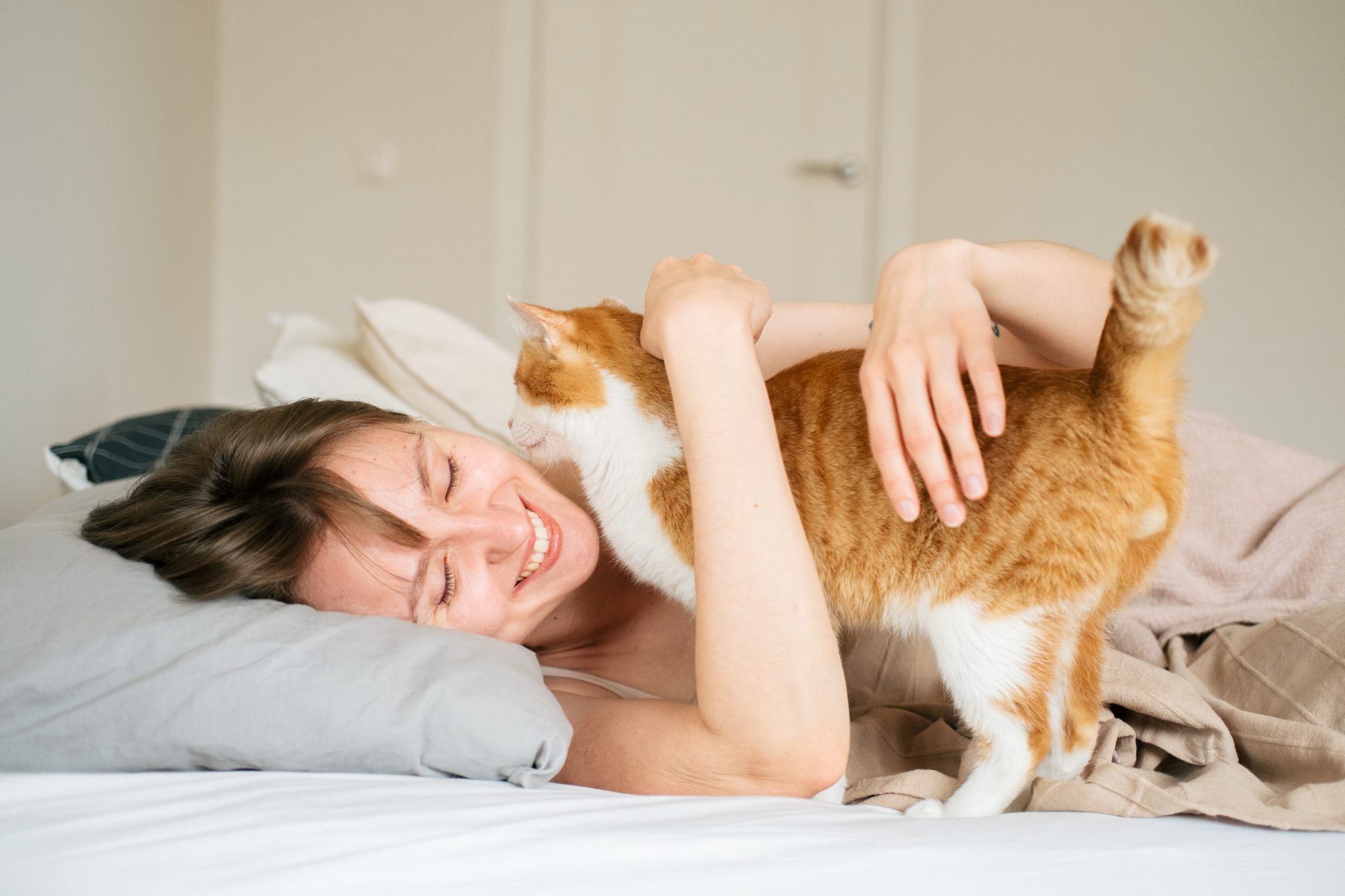
2. Give Them Space
Some cats really might not want the attention. Instead, they just want to be left to their own devices. If they don’t really seem like they want company, leave them alone and let them decide when they’re ready for affection.
3. Offer Distractions
Have you gotten your cat a new toy lately? If not, it might be a fun idea to distract them from the problem. While it might not be a fix-all, it can certainly help.
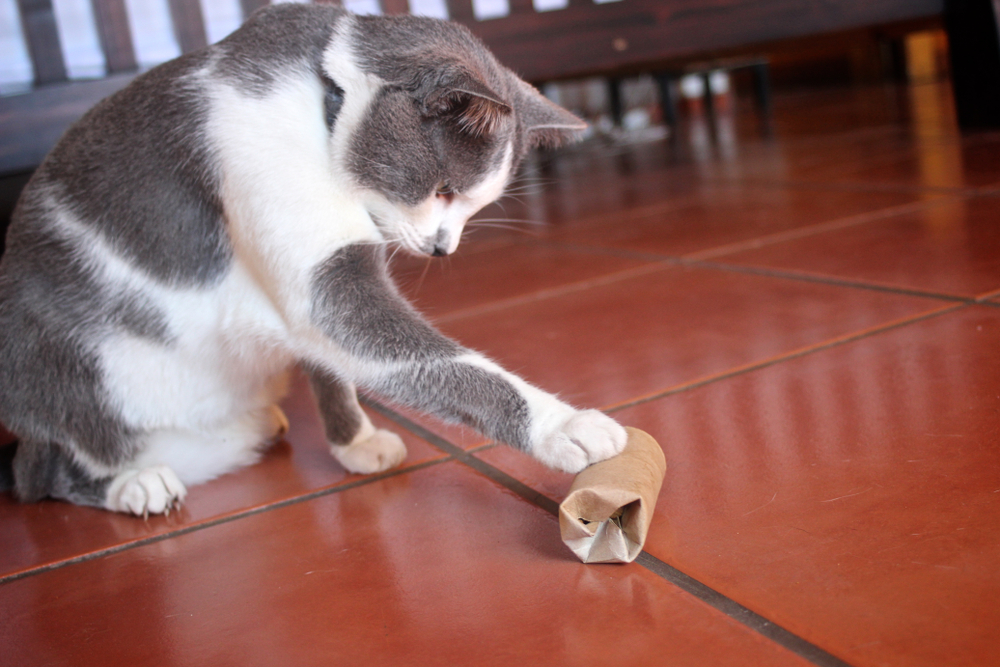
4. Consider a Companion
If your cat lost another kitty companion, you might consider getting another cat after a little while. It isn’t something that you should turn around and do right away, as your cat needs time to adjust.
If you do it too soon, it actually might make the grieving process worse and even cause aggression or dislike towards the new family member.
5. Call Your Vet
If you feel like it’s been several weeks since the loss and your cat’s mood isn’t improving, it might be time to get them to the vet. While some signs of grief can be completely normal and expected, if it starts to affect your cat’s health in a negative way, there could be something else going on.
You know your cat best. If you feel like they need to be seen, even if it’s only been a few days and especially if your cat isn’t eating, get them to the vet. The vet might prescribe them medications for depression or check for other underlying health conditions that might not be so obvious.
If you need to speak with a vet but can't get to one, head over to PangoVet. It's an online service where you can talk to a vet online and get the advice you need for your pet — all at an affordable price!


Frequently Asked Questions (FAQ)
Do Cats Grieve Other Cats?
Cats might grieve other cats, but it does take a particular connection. Our felines tend to be pretty independent creatures, so it takes a really good friend to leave an impression.
Do Mother Cats Mourn Kittens?
Mother cats show strong bonds and possession over their kittens. They tend to appear extremely distressed at the sudden loss or displacement of a kitten. Some cats have a stronger motherly instinct than others, which could influence the overall behavior and level of emotion.
Will Mourning Cats Act Aggressively?
It is not considered very common for a cat that is mourning to behave aggressively. However, it has been reported in some instances. If they do not want to play or they just want to be left to their own devices and something or someone won’t leave them alone, they might lash out as a way to demand being left alone.
Can a Cat Die of Depression?
According to the ASPCA, depression in cats is not fatal. However, depression can lead to other events that can cause deterioration and other decline. For example, lack of motivation can cause a decrease in hydration and appetite. These things over time can lead to weight loss that could drop to dangerous levels.
Will a Surrendered Cat Ever Acclimate to a New Home?
If a cat is experiencing grief because they have been rehomed or their surroundings have otherwise changed, you might wonder how long it will take them to adjust. If you brought them home and they just seem to be down in the dumps, give them a few days to a few weeks.
Cats can take a different amount of time to warm up. It’ll depend on a lot of factors like how comfortable they are in the new home, how close they were with their previous owner, how well they acclimate to change, and the list goes on.

Conclusion
So now you understand a little bit more about the way that cats grieve. Just like with anything else, the individual reaction is not very predictable until it happens. Cats will have all different ways of showing grief, and some might not experience it when you expect they would.
Regardless, if your kitty is having trouble adjusting to a life without a friend they were used to, you can make them feel more comfortable while they process and take them to a vet if it is starting to negatively affect their health.
Featured Image Credit: Kristi Blokhin, Shutterstock
